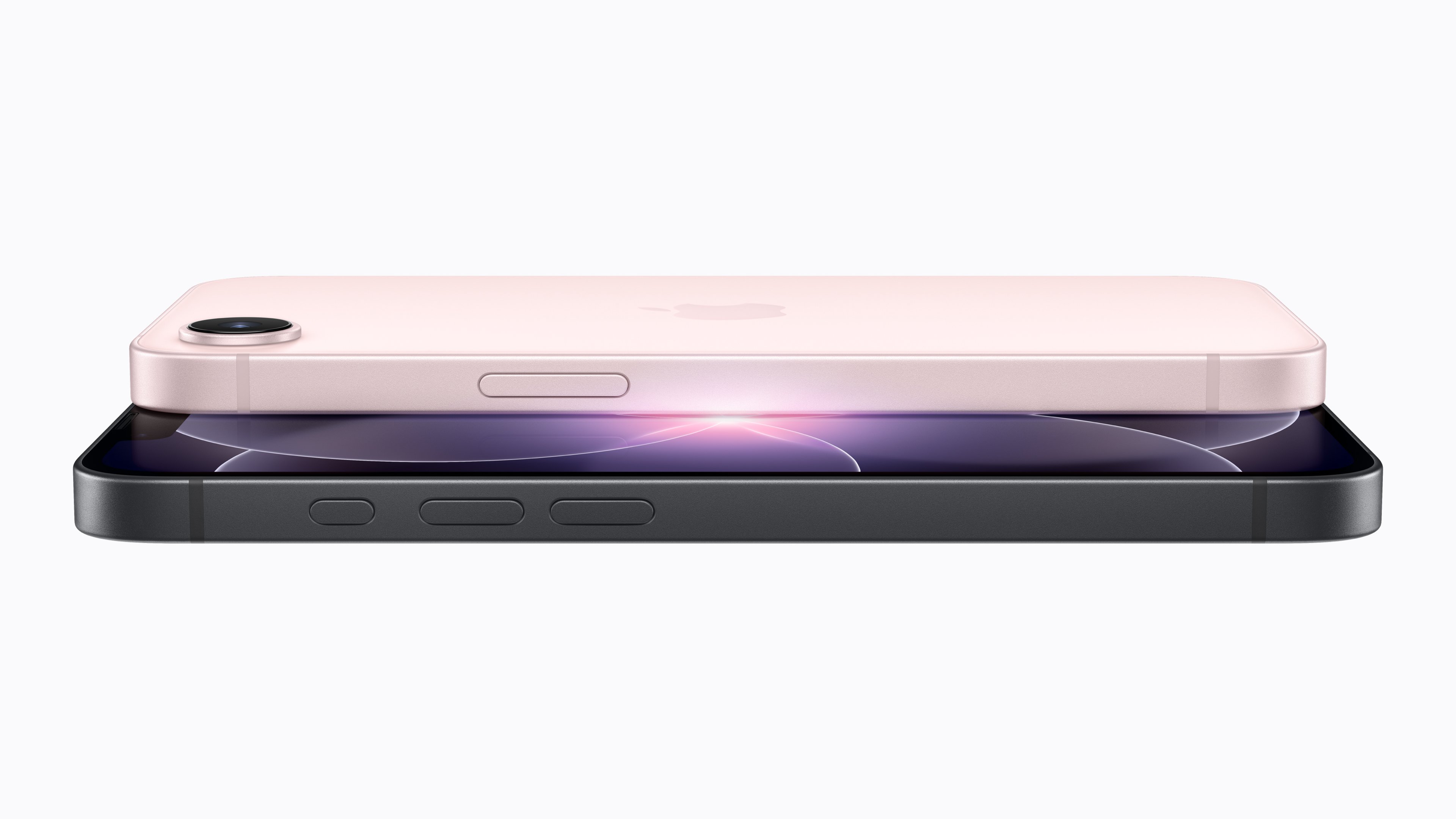Everybody knows when a meteor hits there's a nuclear explosion, and everybody knows when there's a nuclear explosion zombies come out.
Likewise, everybody knows that the Apple (AAPL 0.96%) iPad is the only tablet computer that matters.
Oh, you know I'm kidding. As it turns out, meteor strikes actually don't release hordes of the undead, and Apple has serious competition in the tablet space nowadays. Bet I had you going for a second, though.
Google (GOOG 1.79%) has finally cracked the code on how to sell Android-powered tablets. To nobody's surprise, pricing is the secret sauce. Amazon.com (AMZN 1.06%) struck the first blow with last year's spectacular Kindle Fire success, pairing a capable 7-inch tablet with a price point below $200. In 2012, Google took the next step by marrying the same comfortable price to a certifiable top-of-the-line piece of hardware.
The Nexus 7 is by all accounts a fantastic piece of kit. Some reviews call it the best $200 tablet. Others even compare it favorably against Apple's premium-priced iPads. Hardware builder Asustek will ship 6.3 million Android tablets this year, almost exclusively in the form of Nexus 7. And that's just the beginning.
Asus CFO David Chang tells The Wall Street Journal that he expects Android tablet sales to double in 2013. Before you accuse Chang of cheering for his own company, note that he also offered a much gloomier forecast for Asus' Microsoft (MSFT +0.62%) Windows notebooks and tablets.
That's a strong statement on consumer demand for tablets not named iPad. Asus obviously stands to gain if Chang's scenario plays out as expected, but the larger story here is Google's inexorable rise to the top.
The Nexus 7 is a loss leader for Google because it's sold at cost, far from the cash cow the iPad is for Apple. But that OK because Big G is showing its many hardware partners how to sell an Android tablet right now.
Google is a master at making money from free services. It's all about driving traffic to Google Search and to the AdSense marketing network, where every new eyeball is a potential cash-creating clicker. Doesn't matter if consumers are getting there on Google's own hardware, on other Android tablets, or even via Apple's gadgets -- Google just wants more people to use the Internet, and more often. So anything that puts more tablets in the hands of users is a win for Google.
The seed to raucous Android tablet sales in 2013 has been planted, and now it's up to Asus, Samsung, or Google's own Motorola division to keep the train rolling. It's kind of like unleashing the first zombie on on unsuspecting world, only to cash in on the unstoppable undead hordes next year.





